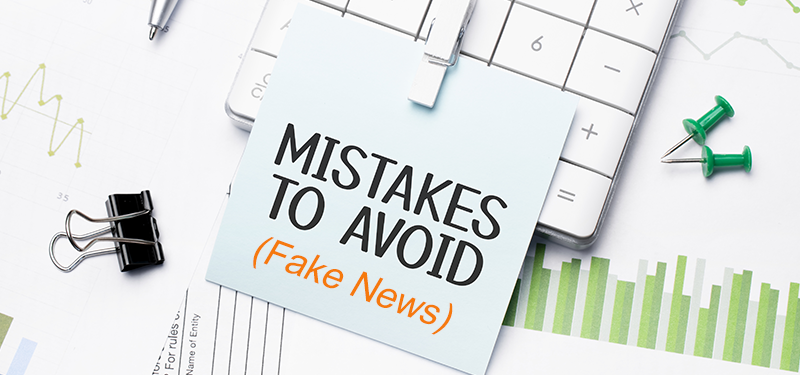Does checking your credit score lower it?

There’s a lot of information out there about credit and how it works. And often much of it is contradictory or just plain hard to understand. So it’s not a surprise that a survey done recently by the site NerdWallet found many consumers were operating with incorrect assumptions about what does or does not impact credit – and in particular, our credit scores and ability to get credit.
In this article we’ll walk through what some of those misconceptions are, and provide solid information on how credit actually works and impacts you.
Carrying Credit Balances
Over 40% of Americans believe carrying a small credit card balance can help improve their credit score. This is simply not correct. The algorithms for the leading credit scores do not reward consumers because they carry balances. It’s looked at as debt, which if high enough would be a negative to your credit score. And the additional finance charges for those balances could be considered poor financial management.
Credit’s Impact on Insurance
Actually, 43% of Americans don’t know that bad credit can lead to their having to pay more for auto insurance. Insurance companies use many different factors when determining the premium rate a consumer must pay. In some cases, your credit score is a bigger factor in determining your rate than your driving record. The insurance companies use your credit score as a proxy for how responsible a consumer you are – a higher score being associated with more responsible. Insurance companies have calculated that if you’re more responsible, as defined by your credit score, then you’ll be a lower risk to them. And lower insurance risks generally pay lower premiums.
A Credit Score of 600
There is also a misconception that a credit score of 600 is a good score. Approximately 1 in 5 Americans believe that a 600 will qualify you for any type of credit you want. This too is incorrect. Generally you want to have a credit score above 700, and ideally to be at 750 or higher. At a 600 or lower, it will be difficult to qualify for many credit options, and if you do qualify the finance rates will be much higher, or in the case of phone or utilities, a deposit may be required. According to FICO, approximately 40 million Americans have a credit score of 600 or lower. As a consequence they’re paying much more than they need to for credit.
Checking Your Credit
There’s also a misconception on the part of consumers that checking their own credit can negatively impact their score. There are actually two types of credit inquiries. There’s what is referred to as a ‘hard pull’ of your credit, such as when a bank obtains your credit to see if you qualify for a loan. And there is a ‘soft pull’, which is when a consumer pulls his or her own credit file.
The hard pull can negatively impact your credit, especially if there are a number of them and they were performed more recently. Those hard pulls of a credit report leads potential lenders to perceive those consumers as less stable financially and maybe less able to repay a loan.
On the other hand, a soft pull will not negatively effect you credit score. And it’s important to know where your credit score is at, especially if you’re in the process of credit repair and taking action to increase your score.
Spending To Your Limits
There is also a misconception spending close to the limits of your available credit, and then paying those balances off is good for your credit score. Paying your balances off is a good thing, but carrying that debt until they’re paid off is not. Not only will you incur finance changes for those balances, but in terms of your credit it will be looked at negatively. The credit score calculation includes a factor for how much credit you’re currently using – it’s called your credit utilization. The factor is determined by dividing the credit you’ve used by your available credit. And a general rule of thumb is that your credit utilization should not exceed 30%. In fact, the lower that factor is the better.
So What’s Next?
Now that we’ve dispelled some of the myths and misconceptions that are out there about credit, what should you do next? A good place to start is to pull your credit reports and find out where you’re at. The credit reports are the basis all credit instruments you might use – credit cards, auto loans, mortgages, etc. The reports will pinpoint which accounts you’re having trouble with and need to be addressed. It will also show where there are errors in your report, which you can have removed – either by yourself, or through the use of a professional credit repair agency.





